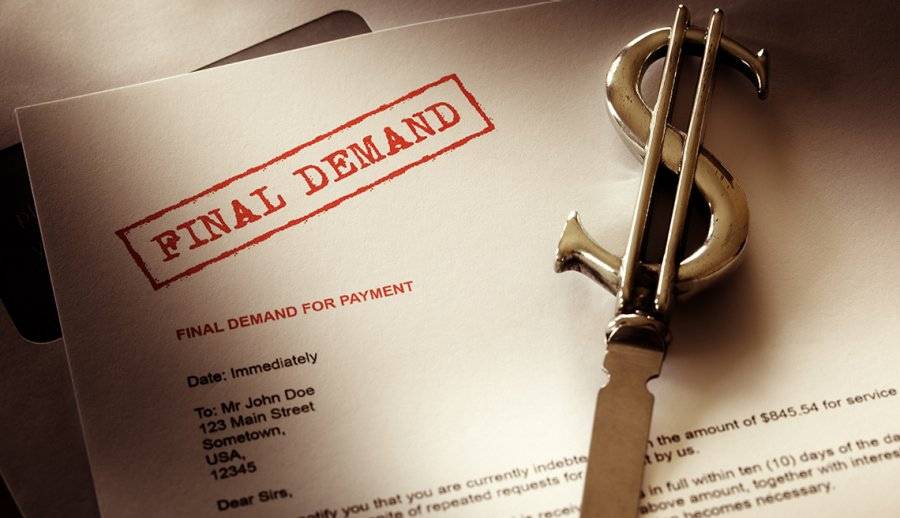Have you or a family member been receiving annoying spam calls throughout the day? Has your inbox filled with aggressive collection messages? As a consumer, it is imperative to educate yourself about the process that an actual collection company can attempt to collect a debt as opposed to a scam caller asking you to meet them at the closest supermarket with no real explanation and with a considerable sum of money. It is common that if you are receiving phone calls, they will become more persistent until you do something to make them stop.

Your Rights Under the FDCPA
The FDCPA (Fair Debt Collection Practices Act) was established with the goal of offering set protection parameters for consumers. Though scam artists and debt collectors do not always follow the rules, harassment is an illegal practice and will not be tolerated. As a consumer, you have many avenues as far a legal action you can take should a debt collector harass you. Keep in mind that it is legal for a debt collector to contact you in an attempt to collect a debt, but it is not legal for the debt collector to harass and/or threaten a consumer. There is a major difference between collection calls and harassment, but it is hard to track scam calls down. Many legitimate debt collectors take correct steps when making their phones calls and follow FDCPA however, should you continue to receive calls this is what you should look for:
Collectors must
- Identify themselves in every form of communication and their intentions stating, “This is an attempt to collect a debt”.
- Must verify the name and address of the original collector
- State that you as a consumer have the right to dispute the debt
If you receive a phone call and the collector calling you does not do provide the aforementioned information, do not pay them, or agree to any payment negotiations. You will want to contact an attorney immediately to see what steps can be taken.
Taking Legal Action

The FDCPA has specific rules set in place for the way communication has to be handled by the debt collectors. If a debt collector or collections agency does not abide by those rules and regulations, you may be able to take legal action moving forward.
- Collectors may only contact you between the hours of 9am-8pm in your local time zone
- Auto dialing and numerous calls in the aims to annoy or harass the consumer is prohibited
- Profane, threatening, or abusive language is not allowed
- Calls to family, friends, or your place of employment is not allowed
- A Collector cannot threaten to report false information to credit reporting agencies
- Communication must stop once the collector has been informed that you are being represented by an attorney.
Suing the Debt Collector
What To Do If Harassment Continues
If you harassment continues, keep logs of everything! Record calls if you can, keep texts and dont throw away any mail that may help an attorney out. Some other things that will help in this process are:
- Collection Letters you received
- Any voicemails left, save them to a storage device
- Telephone Bills
- Notes and contact info taken during call
- Take screenshots of your caller ID info
- Review your credit report and keep track of any accounts mentioned.
A Note From The Author: The opinions you read here come from our editorial team. Our content is accurate to the best of our knowledge when we initially post it.

